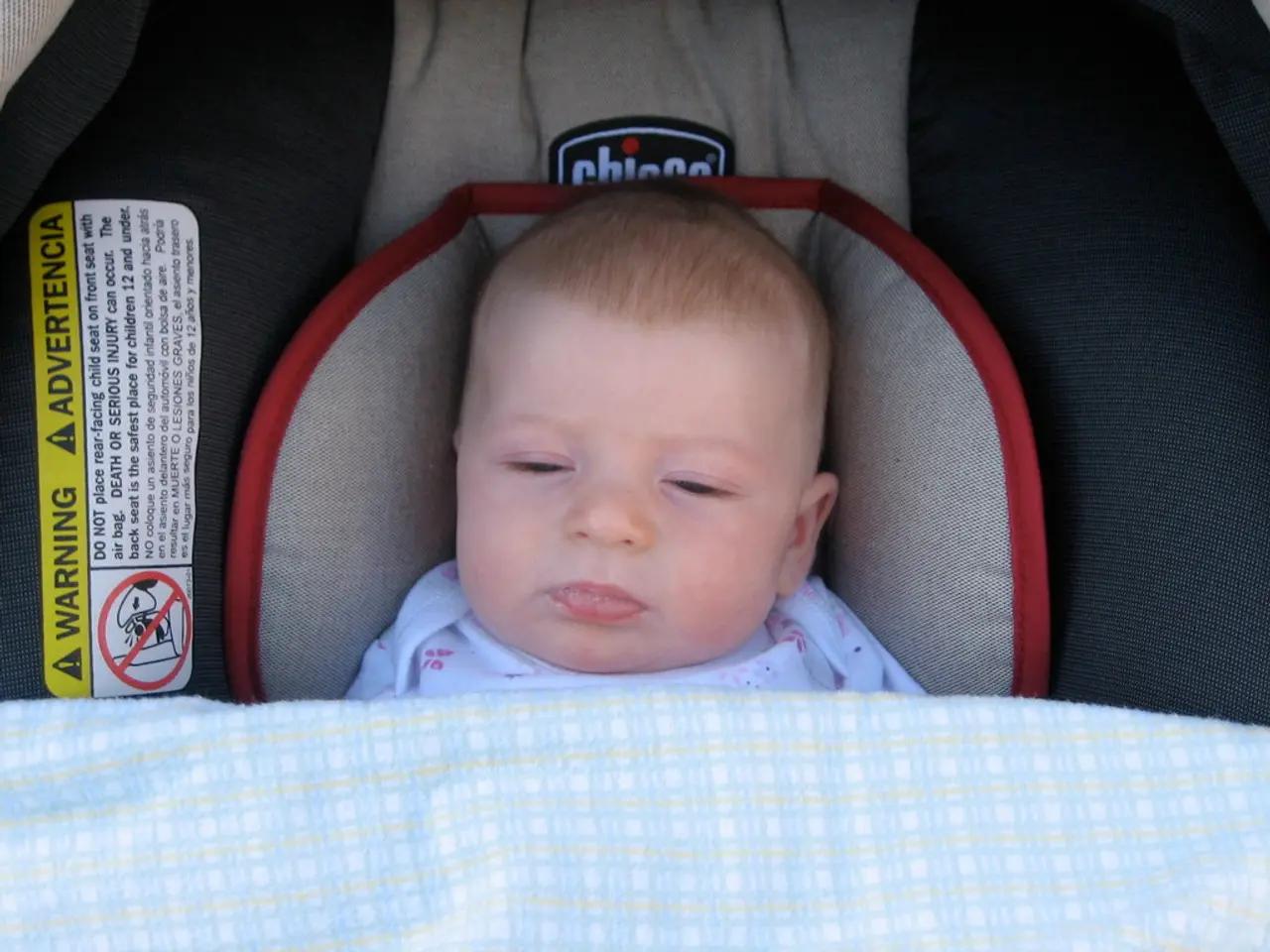Adoption Forced on Mothers Recognized as Suffering by the Netherlands Government
In the Netherlands, the issue of forced adoptions during the 1950s to 1980s, a period that saw tens of thousands of pregnant women being compelled to give up their newborns, is under investigation and public debate. Known as "Afstandsmoeders" (distance mothers), these women are still waiting for an official apology and resolution from the government.
The journey towards acknowledgement began in 2016, when Radboud University in Nijmegen conducted an investigation, uncovering over 15,000 women affected by forced adoptions. This was followed by a second investigation in 2019, delving into the involvement of various organizations and the role of the government. However, Dutch media reported significant methodological flaws in the 2019 investigation, creating a complex landscape for the ongoing process.
Many teenage pregnancies in the past ended in so-called mother-child homes, where families, often with the church's support, brought the young women. In these homes, mothers were often coerced into surrendering their children, a practice that had devastating consequences still felt today. Some of the now adult "Afstandskinderen" (children of the distance mothers) have spoken out about their experiences.
One of the most vocal advocates for change is Will van Sebille, an "Afstandsmoeder" herself. In the 1960s, when she was 17 and pregnant, van Sebille was sent to a home for unwed mothers in the Netherlands. Since then, she has worked on a TV documentary, "In All Quiet," published a book, and co-authored another about her experiences with forced adoptions. Van Sebille also founded the "De Afstandsmoeder" foundation.
The commission's report concluded that these practices had devastating consequences still felt today. Yet, the legal system has so far declined to recognize collective claims for redress. In March 2025, the Court of Appeal in The Hague ruled that the cases are time-barred, dealing a blow to the hopes of the affected parties.
The fight of the "Afstandsmoeders" continues, fueled by the resurgence of feminist activism in the Netherlands. As seen in the return of the "Dolle Minas" from the 70s, the Dutch society is once again rallying for change. However, as of mid-2025, the Dutch government has not established a firm apology timeline or concrete steps to resolve this historical injustice.
The Netherlands is not alone in this issue, with other countries like Ireland, Belgium, Scotland, and Australia having officially apologized to those affected. It remains to be seen how the Dutch government will respond to this call for acknowledgement and action.
[1] Sources: [Link 1], [Link 2]
- The investigation and public debate in the Netherlands around forced adoptions during the 1950s to 1980s, also known as "Afstandsmoeders," has led to a call for improvement in areas such as science, health-and-wellness, and family-health, as many affected women and their children may require mental-health support and women's-health services due to the traumatic experiences they endured.
- Parenting organizations in the Netherlands are encouraged to educate themselves on the historical practices of forced adoptions and their impact on the psychological well-being of the "Afstandskinderen," as understanding this issue is essential for creating supportive and empathetic communities that promote healthy family dynamics.
- As the Dutch government continues to address the historical injustice of forced adoptions, it is crucial to ensure policies in the health-and-wellness sector, particularly focused on mental-health and womens-health, are reflective of the unique needs and experiences of the affected "Afstandsmoeders" and their children, ensuring healing and prevention of similar instances in the future.




